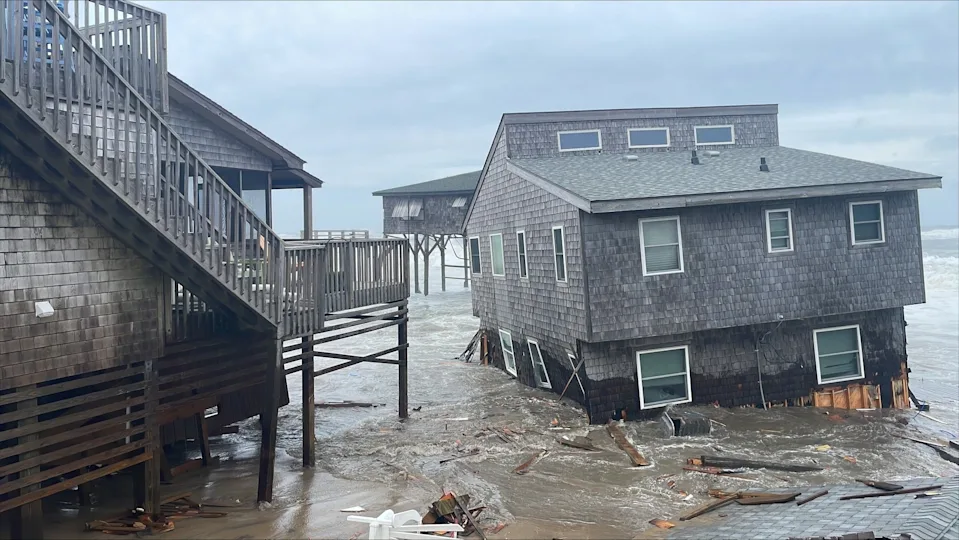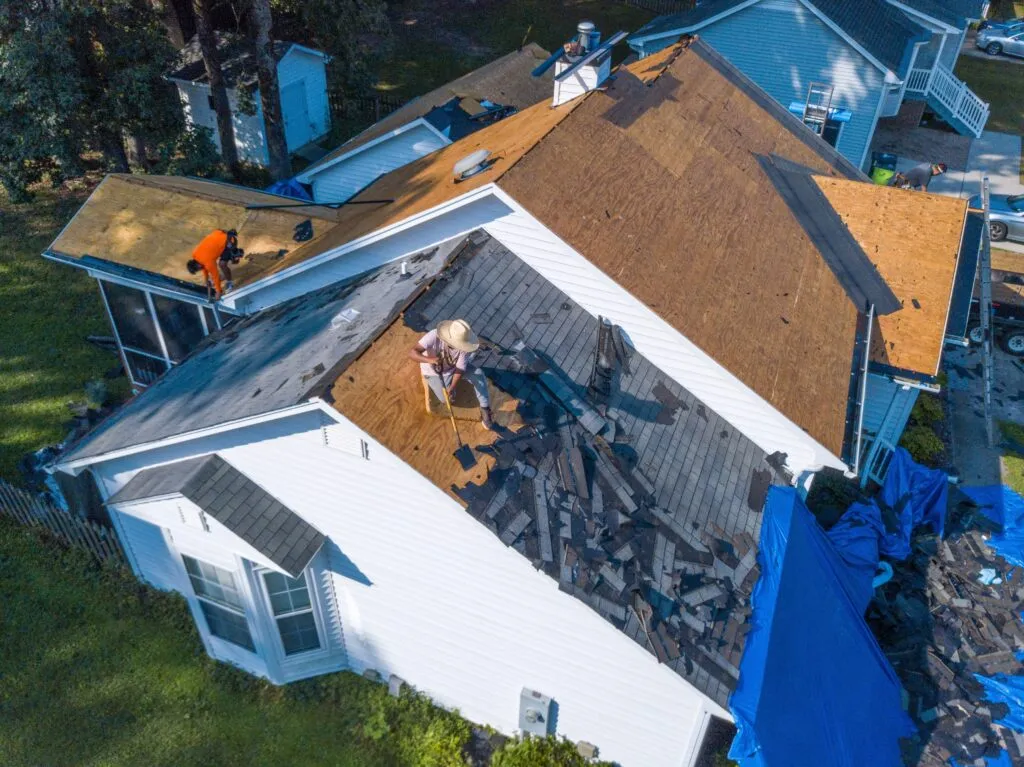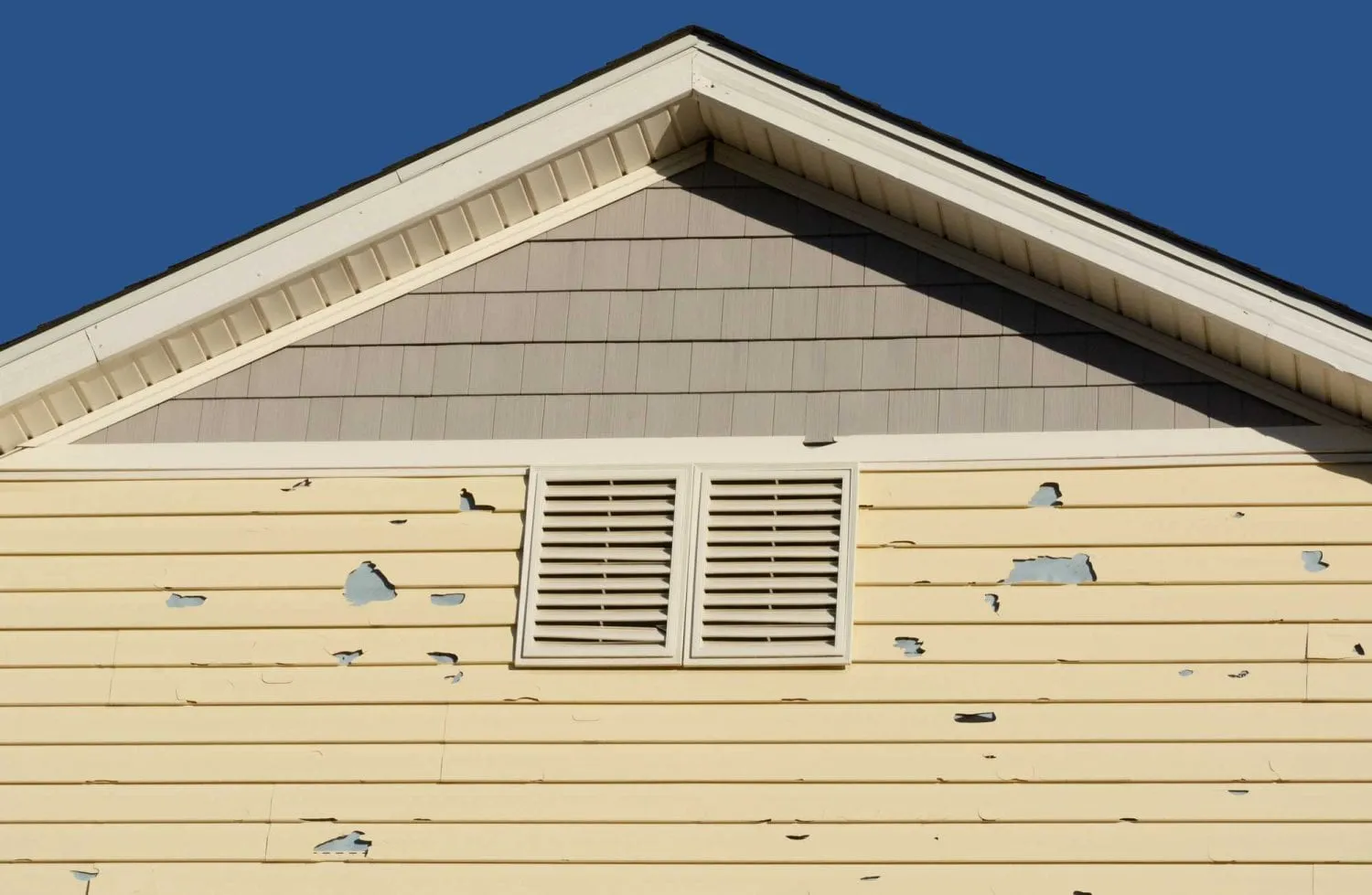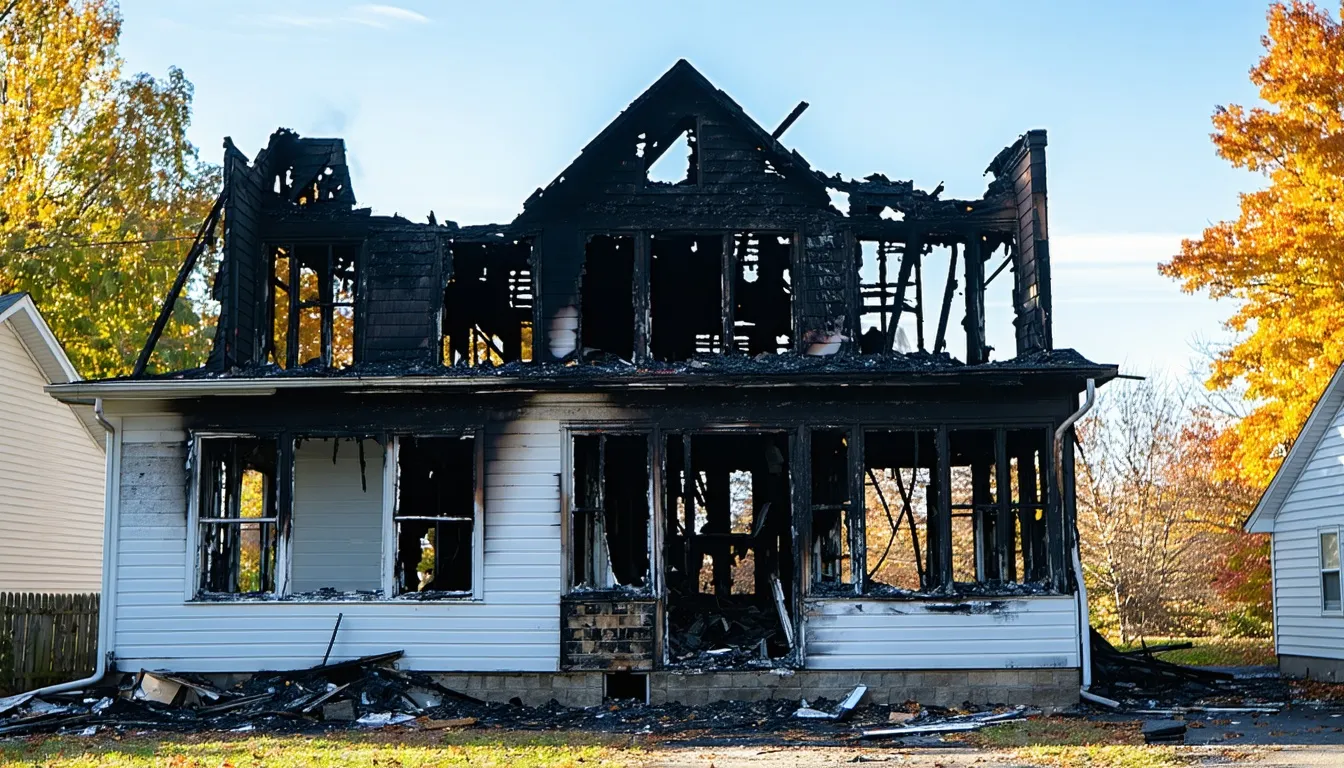New Jersey Public Adjuster: Protecting Policyholders in Complex Insurance Claims
.svg)

Why a New Jersey Public Adjuster Matters More Than Ever
When a coastal storm pushes heavy rain and wind into homes along the Jersey Shore, when a Nor’easter tears shingles from roofs in Toms River and Atlantic City, when a frozen pipe bursts in a split-level in Edison, or when a small electrical fire fills a Newark multi-family with smoke, life in New Jersey can change in minutes.
In the first hours, you are not thinking about policy language or claim deadlines. You are thinking about getting everyone out safely, calling the fire department, shutting off the water, moving furniture away from soaked walls, finding a roofer to throw a tarp over damaged areas, or figuring out whether your family can even stay in the building that night. You may be dealing with flooded basements, cracked windows, wet insulation, or the sharp smell of smoke.
Then the immediate crisis calms, and a different reality comes into view. Repairing a home in North Jersey, a townhouse in Central Jersey, a shore property in Monmouth or Ocean County, or a small business in Hudson or Essex County is expensive. Roof lines, siding systems, interior finishes, mechanical systems, code upgrades, and contents all add up. If you have tenants or you run a business, downtime can mean lost rent or revenue on top of repair costs.
You know the next step is to call your insurance company. You pay your premiums every year. The damage obviously came from a storm, water event, or fire. It feels natural to assume the process will be simple: report what happened, let the adjuster inspect, and receive a check big enough to fix the damage properly.
But a serious property claim in New Jersey almost never works that way.
Your homeowners, condo, landlord, or commercial property policy is not a brief promise; it is a detailed contract written by the insurance carrier. It assigns coverage and exclusions, sets limits and sub-limits, and defines your obligations as the policyholder. Terms like “wind-driven rain,” “flood,” “backup,” “collapse,” “surface water,” “sudden and accidental,” and “repeated seepage” all have specific meanings that may not match your sense of what is fair. Endorsements might provide or restrict coverage for coastal storm surcharges, higher wind deductibles, water backup, or ordinance-or-law upgrades in older New Jersey buildings.
The first person the insurer sends after you file is not a New Jersey public adjuster working for you. They are a staff adjuster employed by the company or an independent adjuster hired and directed by the carrier. Their assignment is to inspect, determine how the company interprets your policy, and prepare an estimate using insurer-approved software, pricing, and internal guidelines. They may be polite and professional, but they are not on your side of the table.
A New Jersey public adjuster exists to correct that imbalance. A public adjuster is a licensed insurance professional who, by law, works exclusively for policyholders—not for insurance companies. When you hire a New Jersey public adjuster, you add someone to your team who:
- Reads and interprets the same policy language the insurer relies on, but from your perspective.
- Understands how New Jersey’s coastal storms, dense urban housing, suburban developments, and older multi-family buildings actually get damaged.
- Uses the same estimating tools and construction knowledge as the insurer, but applies them to fully reflect what repairs truly cost in this state.
In a market as complex as New Jersey—where a small row home in Jersey City, a Cape in Middlesex County, a shore house in Long Branch, and a warehouse in Elizabeth all face very different risks and building conditions—having a dedicated advocate who understands both the insurance contract and local construction realities can dramatically change the outcome of your claim.
How a New Jersey Public Adjuster Handles Your Claim from Day One
From the outside, the claim process looks like a three-step sequence: report, inspect, get paid. A New Jersey public adjuster knows that a real claim is a much more detailed project, and they manage it as such—step by step, from first contact to final settlement.
It starts with understanding what happened. Your public adjuster will ask you to go through the loss in detail:
When you first noticed something was wrong, what the weather or conditions were, what you saw, heard, and smelled, which rooms, systems, or structures were affected, and what immediate steps you took to protect the property.
They will want to know whether you own a single-family home, a condo in a high-rise, a three-family walk-up, a mixed-use building with a store below and apartments above, or a small commercial space. They will ask whether anyone has moved out, whether you’ve already hired emergency mitigation (like water extraction or board-up services), and whether you have received any letters or emails from the insurance company.
At the same time, a New Jersey public adjuster obtains your full policy—not just the declarations page that shows limits and deductibles, but the entire contract and endorsements in force on the date of loss. They read it with your specific situation in mind, looking at:
How the dwelling or building is defined and what “other structures” are covered.
What limits and sub-limits apply to personal property, business contents, or specialized items.
Whether you have additional living expense or loss-of-use coverage and under what conditions.
Whether there is loss-of-rents or business-income coverage if your property generates revenue.
How the policy treats wind, hail, fire, smoke, water from plumbing or HVAC, backup, flood, and collapse.
What special deductibles or hurricane/wind provisions apply in certain New Jersey counties.
Once they understand both your story and your contract, the New Jersey public adjuster moves on to a thorough, independent inspection of the damage. This is where their approach diverges most from a quick company walkthrough.
In a coastal wind and rain loss, they don’t just photograph the wall where water finally showed up. They examine roofing systems, flashing, siding, window and door assemblies, and joints where wind-driven rain can penetrate. They look at how water moved from the exterior into the building envelope and how far it traveled.
In a pipe-burst or appliance leak claim, they trace water from the point of failure through ceilings, walls, and floors, into lower levels and adjacent rooms. They inspect insulation, framing, and subfloors to identify where moisture was absorbed and where materials may be at risk for mold or structural damage.
In a fire or smoke claim, they move beyond the charred room to inspect hallways, bedrooms, closets, attics, and ductwork. They know that smoke in a row house in Newark or a condo in Hoboken can move quickly between units and floors, leaving odor and residue even where flames never reached.
From this, the public adjuster builds a full scope of loss—a detailed, room-by-room outline of what must be removed, cleaned, dried, repaired, or replaced. That scope is then converted into a line-by-line estimate in industry-standard software.
Where a New Jersey public adjuster’s estimate differs from the company’s is often crucial. Their estimate typically:
Includes appropriate demolition of all affected materials—not just superficial patching.
Specifies realistic drying and dehumidification for water losses, based on how far moisture spread.
Calls for cleaning, deodorizing, or replacing materials impacted by smoke or soot, including insulation and ductwork when necessary.
Uses labor and material pricing that match New Jersey contractor rates, not generic low-end benchmarks.
Incorporates building-code requirements where your policy’s ordinance-or-law coverage allows, especially important in older structures.
While that estimate is being prepared, your New Jersey public adjuster is also organizing evidence: photos and videos, mitigation invoices, contractor proposals, reports from engineers or indoor air quality specialists (when needed), and contents inventories listing damaged furniture, electronics, stock, or equipment.
All of this becomes a structured claim package submitted to the insurance company. Instead of merely asserting that the initial offer is inadequate, your public adjuster presents a clear, documented, contract-based explanation of why more is owed.
The carrier responds—sometimes approving additional amounts, sometimes disputing specific line items, sometimes sending their own expert (such as an engineer, building consultant, or accountant). Your New Jersey public adjuster then:
Reviews each objection against the policy and the physical evidence.
Prepares targeted responses, including supplemental photos, measurements, reports, or code citations.
Participates in joint inspections, walking the property with the insurer’s representatives and addressing disputed items on the spot.
Keeps track of key deadlines for proofs of loss, appraisal demands (where applicable), and any suit limitations found in your policy.
If negotiations stall and the insurer insists on an unreasonably low settlement, your public adjuster helps you evaluate options—such as invoking appraisal if your policy allows it or speaking with legal counsel. They do not replace an attorney, but the detailed file they build gives any lawyer a strong foundation should the dispute need to be escalated.
Throughout this process, you remain the one in control. The New Jersey public adjuster’s role is to provide the information, analysis, and advocacy you need to make informed decisions about whether to accept, counter, or escalate a proposed settlement.
New Jersey–Specific Damage Scenarios Where a Public Adjuster Is Critical
While any sizable loss can benefit from a New Jersey public adjuster, certain claim scenarios in this state are particularly prone to underpayment or denial if you handle them alone.
Coastal storm and wind-driven rain claims are among the most complicated. Properties along the Shore—Monmouth, Ocean, Atlantic, and Cape May counties—face repeated exposure to strong winds and heavy, sideways rain. Roofs, siding, windows, decks, and foundations can all be affected, even when there is no dramatic “hole” in the structure. Salt-laden air and prior storms may have weakened materials before the latest event.
Insurers may argue that some of what you see is pre-existing wear and tear or “salt exposure” instead of storm damage. They may propose small patches on roofs or siding where real-world contractors insist on broader replacement to restore performance and appearance. A New Jersey public adjuster understands how these coastal systems fail in practice and how to distinguish between new, storm-related damage and older conditions—backed by photos and technical language rather than just frustration.
Water backup and basement claims are another frequent issue. Many New Jersey homes have basements or lower levels used as finished living space, storage, laundry, or mechanical rooms. Heavy rains, high groundwater, sewer issues, or sump pump failures can push water inside.
Policies treat water from below very differently depending on exact wording and endorsements. Some provide limited coverage for backup or sump failures, often with small sub-limits. Others exclude certain types of water entirely. How you describe and document what happened—whether you emphasize a long history of dampness or a sudden, unusual event—can heavily influence how coverage is applied.
A New Jersey public adjuster helps clarify the timeline and mechanism of loss, gather plumbing or mitigation reports, and present the facts in a way that aligns as closely as possible with available coverage. That can be the difference between a partial payment, a total denial, or a far more complete recovery under the backup endorsement you actually purchased.
Older multi-family and mixed-use buildings in cities like Newark, Jersey City, Paterson, and Elizabeth create another layer of complexity. A fire or major water loss in one apartment can affect multiple units, common areas, and commercial spaces. Building systems—wiring, plumbing, HVAC, fire protection—may be dated or non-standard. Opening up walls and ceilings for repair can reveal code deficiencies that must be corrected.
Insurer estimates may focus narrowly on “returning to pre-loss condition,” underfunding necessary upgrades related to life safety or structural integrity. When your policy includes ordinance-or-law coverage, a New Jersey public adjuster pushes to ensure that required code improvements discovered during repair are treated as part of the claim, not out-of-pocket surprises.
Condo and HOA claims also benefit from specialized attention. In high-density New Jersey communities, damage to a single unit may involve the association’s master policy, your own unit policy, and potential disputes over where building responsibility ends and unit owner responsibility begins.
A New Jersey public adjuster familiar with condo documents and layered coverage can help interpret governing documents, distinguish between association and unit damage, and coordinate between policies so that crucial repairs don’t fall into a gray area where no party wants to pay.
Finally, rental and small business properties—two-families in North Jersey, small apartment buildings near transit lines, shops, restaurants, and offices—often involve income loss. When damage forces tenants out or shuts down operations, the question is not just “what will it cost to fix the building?” but also “how much rent or revenue will be lost during the repair period?”
Policies may provide loss-of-rents or business-income coverage, but insurers scrutinize these claims closely. Owners who can’t clearly document prior rents, occupancy history, sales trends, and realistic repair timelines often see these parts of their claims deeply discounted or denied. A New Jersey public adjuster helps turn vague complaints about “lost income” into documented, contract-supported claims based on real numbers and timelines.
Across all of these scenarios, the pattern is consistent: the most expensive aspects of a loss—hidden moisture, structural impacts, code-driven upgrades, smoke spread, and income loss—are usually the easiest to minimize if you simply accept a quick, insurer-driven process. A New Jersey public adjuster spends their time exactly where those underpayments tend to hide.
Choosing the Right New Jersey Public Adjuster and Working Together
Deciding to work with a New Jersey public adjuster is only the first step. Choosing the right one and using that partnership effectively will determine how much value you actually gain.
When you interview potential public adjusters, ask direct questions about:
Licensing and experience in New Jersey, including familiarity with coastal, urban, and suburban claims.
The types of losses they handle most often—wind and hail, water and backup, fire and smoke, condo and HOA claims, rental and commercial properties.
Their fee structure: what percentage they charge, whether it applies to all claim payments or only to increased amounts over the insurer’s initial offer, and how expenses are treated.
Their communication practices: how frequently they provide updates and how accessible they are when questions arise.
A credible New Jersey public adjuster will respond clearly, provide a written agreement, and encourage you to read and understand it before signing. They won’t guarantee unrealistic results; instead, they will explain the process, discuss possible ranges of outcomes, and emphasize the importance of documentation and policy terms.
Once you enter into an agreement, think of your role in the relationship as an active one. You strengthen your own case by:
Providing your full policy and any renewals or endorsements.
Sharing every piece of correspondence from the insurer—letters, emails, portal messages, and payment stubs.
Supplying your photos, videos, notes, mitigation invoices, and contractor estimates.
Being candid about the property’s condition before the loss, including prior repairs and previous claims.
Stay engaged in the major decisions. Your New Jersey public adjuster may recommend a strategy, but you decide whether to accept a settlement, submit to appraisal, or consult with an attorney. Ask for explanations in plain language until you are comfortable that you understand what each choice means—financially and practically.
Keep communication flowing in both directions. When new damage is discovered during demolition, when contractors revise schedules or costs, or when a new letter arrives from the insurer, bring your adjuster into the loop immediately. They can’t protect your interests effectively if they’re always catching up after the fact.
When your first-hand knowledge of your property and your willingness to document and communicate are combined with a New Jersey public adjuster’s policy expertise and negotiation skills, the claim stops feeling like a confusing, one-sided process controlled solely by the insurer. It becomes a managed project, with a clear objective: restoring your property correctly and protecting your financial position under the coverage you actually bought.
Conclusion
Across New Jersey—from shore towns and barrier islands to dense cities and quiet suburbs—a serious property loss is never just a line item on an adjuster’s spreadsheet. A coastal storm that drives rain under your shingles, a Nor’easter that tears siding off your house, a burst pipe that floods your finished basement, or a fire that fills a multi-family building with smoke does far more than damage materials. It displaces families, unsettles tenants, interrupts businesses, and puts at risk the savings and investments you’ve built over many years.
Your property insurance policy exists to soften that financial blow, but the system that turns its language into actual checks is designed and controlled by your insurer. The first adjuster you meet works for that company—not for you. If you accept their limited view of the loss and their first estimate as the final word, you are effectively letting the carrier’s internal priorities determine how completely your home, condo, rental, or business will be restored.
A New Jersey public adjuster exists to change that dynamic. By reading your policy from your side, inspecting and documenting damage with a deep understanding of New Jersey weather, building styles, and codes, preparing realistic estimates based on local costs, and negotiating directly with the insurer’s professionals, a public adjuster turns a confusing, one-sided ordeal into a disciplined, evidence-driven claim.
Instead of quietly hoping that the process will be fair, you actively present the full reality of what happened to your property and what it truly costs to make it whole again. In a state where the next storm, pipe break, or fire can arrive without warning, having an experienced New Jersey public adjuster on your side can be the difference between a thin, patchwork repair and a full, confident return to normal life. With the right advocate, you are not just a claim number—you are an informed policyholder protecting your home, your income, and your future in New Jersey.








.svg)